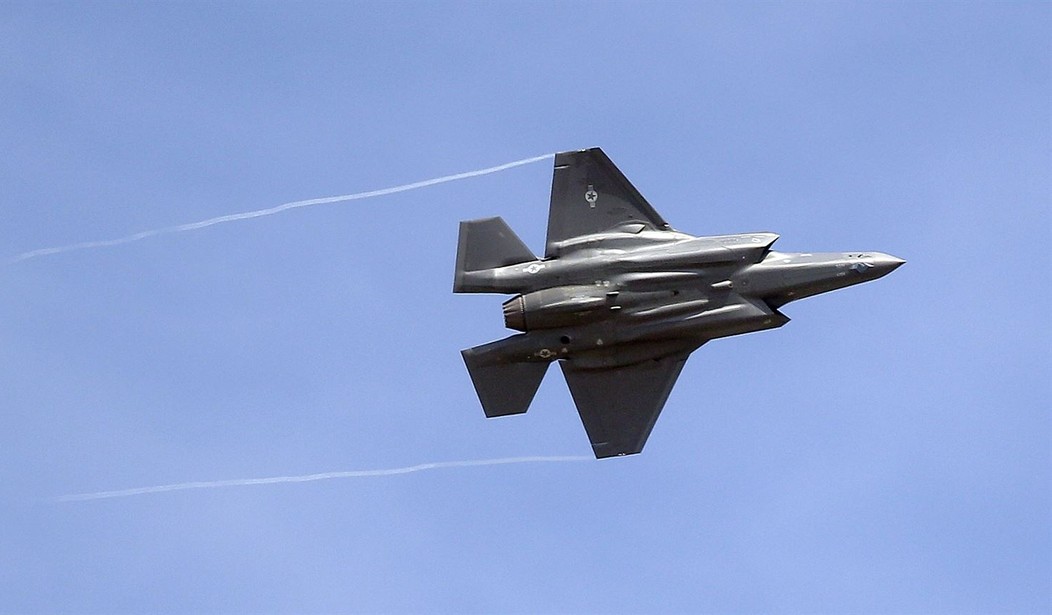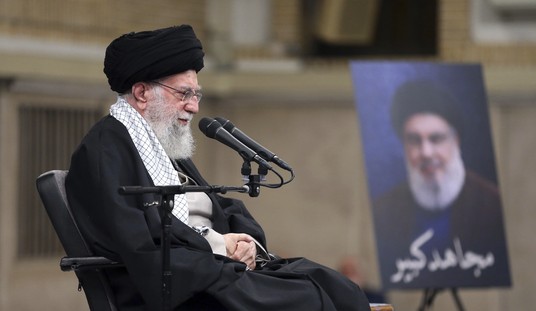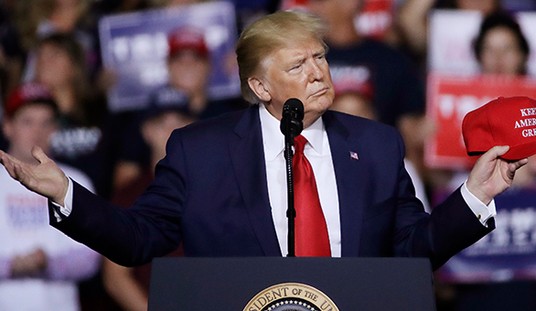That Western Europe got to colonize the world, and not China, has been a source of frustration and jealousy for the last 500 years or so. The Chinese had ships much bigger than Columbus’ Santa Maria, so why did South and Central America become Latin America and not Han America?
The Guns, Germs, and Steel answer is that European diversity trumped Chinese unity. Whereas China was under one rule, Western Europe was a continent of competing kingdoms. So when Chinese leaders banned oceangoing voyages in 1430, it killed expansion throughout the empire – meanwhile Western European kings couldn’t afford to let their neighbors get an advantage abroad. Unity was a liability.
And while we’re presently looking at keeping China from carving up the world, too much unity in our defense space and ill-advised spending may do the same thing to us now.
Part of the purpose of the defense industry – or military industrial complex if you’re feeling unforgiving – is that different private companies compete with one another for Uncle Sam’s dollars. Whoever comes up with the best solutions for the best price wins. So we get better missiles, planes, and other technology, America stays safe and the world stays relatively secure.
Healthy competition under the rule of law is the theory behind the free market, but consolidation usually ruins that. And it’s gotten pretty bad in the defense industry, resulting in higher prices and worse services.
Lockheed Martin has been the military’s go-to company for developing the F-35, that’s the “fifth-generation fighter” Tom Cruise mentioned over and over again last year on Top Gun: Maverick.
Recommended
As we discussed in April, a fifth-gen fighter can fly at speeds of roughly 1,200 MPH, undetected by radar, to deliver a nuclear payload. The F-35 fighter is the costliest weapons program on Earth, at a budget of $400 billion, according to a 2019 report by IBD. With Lockheed’s consistent blunders – crashes, missed deadlines, and shortages – each dollar that goes into the program should be analyzed under a microscope.
The latest debate surrounding the F-35 has taken a different turn outside of the discussion about Lockheed’s blunders and costly decisions but about what should be done to upgrade the engine of the aircraft, the F135.
Over the last two years policymakers have been debating the future of the engine program. The choice was between updating and upgrading the current engine or building out an entirely new engine called the Adaptive Engine Transition Program (AETP). The AETP engine proposal had many flaws including: the nearly additional $6B price tag associated with developing it, the need to develop an entirely new supply chain, the fact that both the Navy and Marines have both outlined how their aircrafts would not be able to utilize the AETP engine, as well as concerns about increasing costs for our allies abroad that rely on the F-35 – just to name a few.
That debate ended earlier this year when the Biden administration submitted their budget to Congress, notably absent was any request for AETP funding or even a mention of AETP as an unfunded priority. Air Force Secretary Frank Kendall said the cost to fully develop AETP and production would cost upwards of $6 Billion dollars and would not be operational for half a decade. “We were not able to fund the AETP program,” Kendall said. He told reporters the cost of adaptive engine and doubts it would work in all versions of the F-35 led the military to stick with the F135. The head of the F-35 Joint Program Office also commented that the AETP engine isn’t feasible or affordable.
However, that debate was given new life recently when the Republican-led House of Representatives House Armed Services Committee proposed an additional $588 million of taxpayer dollars toward the AETP engine. Why a party that just fought to cut spending on a debt ceiling deal would now be advocating for an extra half-billion dollars on a program nobody wants is beside me. Additionally, after years of silence on the topic, Lockheed Martin decided to jump into the discussion at the Paris Airshow. This week Greg Ulmer, Lockheed’s executive vice president of aeronautics, said that he will be advocating for the AETP engine.
While I admire Lockheed’s attempt to burn more taxpayer dollars on a program that drives great profits for their shareholders, a closer examination is warranted.
If the Pentagon moves forward with this plan to completely replace the F-35’s propulsion engine, the cost and logistics involved would be astronomical and put the country even farther behind.
Meanwhile, the Chinese have successfully tested a nuclear-capable hypersonic missile. Remember the only thing that kept them from carving the world up 500 years ago was that their unity was a liability. Should they start World War III, that will not be the case.
Conflict with China will be a war like the world has never seen. The powerful nation “simply takes for granted its superiority,” and “China’s particular imperial tradition” allows it to behave without “any notion of guilt,” as Robert Kaplan spells out in The Return of Marco Polo’s World.
It would be better for America and most of the rest of the world if China didn’t surpass our technological capabilities and we do that by making smart investments not wasteful ones.

























Join the conversation as a VIP Member